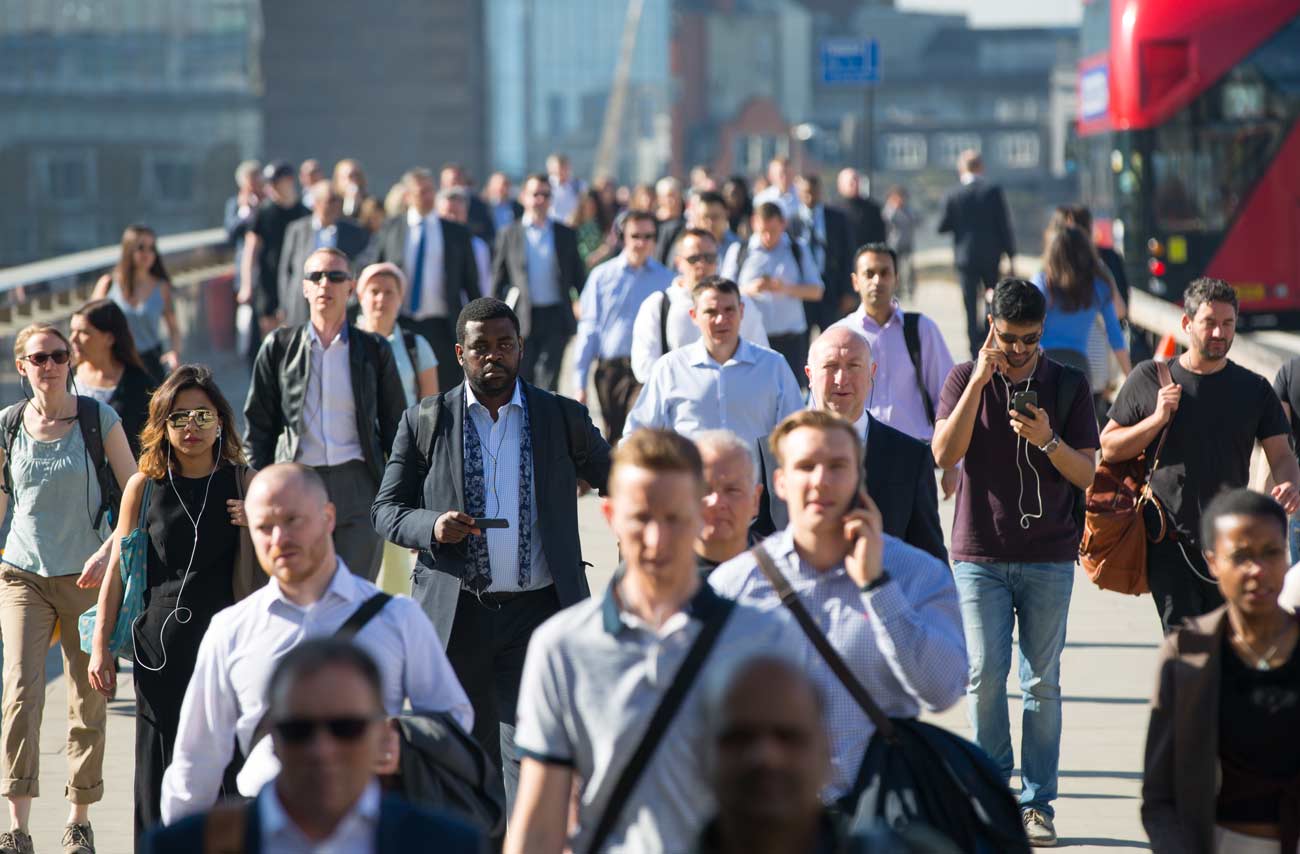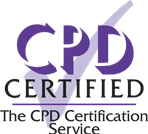
Depression Symptoms: Am I Depressed?
Demands on professionals in the City are at an all time high. A high pressure career comes hand in hand with increased risk of mental illness like depression and anxiety. If you work in London, in the City, perhaps one of the best things you could do for your health is familiarise yourself with depression symptoms and be prepared to face the question: Am I depressed?
Dr Irina Panihhidina, Consultant Psychiatrist at The London Psychiatry Centre explains: “Workplace depression is of increasing concern to health professionals, and it’s on the rise. Those working in the City – predominantly males – in pressure-filled environments are at greater risk of depression due to poor work-life balance. This, combined with intense performance targets can lead to professionals having unreasonable expectations of themselves, causing a great deal of stress.”
Figures from a study by The Bank Workers Charity show that 65% of bankers worked 30 additional hours each week than contracted, 60% had poor quality of sleep and 42% found it difficult to relax. Long periods of poor sleep and high stress levels can be symptoms of, and can contribute to, mental health problems – particularly depression and anxiety. In some cases, depression and anxiety can lead to suicidal thoughts.
Sadly, suicide is the biggest killer of working-age men; three quarters of people who die from suicide in the London area are male. And although not always the case, the vast majority of people who die from suicide also suffer with a mental health problem.
Most people with depression make a full recovery with the right treatment and support, but research shows that unfortunately, men are less likely than women to recognise that they have depression. They are also less likely to ask for help.
It’s not unusual to feel ‘blue’ at points in your life. Known also as situational depression, feeling blue is a natural response when something negative happens in your life. For example, you may experience this at the loss of a job, loved one or the breakdown of a relationship. But this isn’t the same as being depressed. Situational depression usually lasts for a few weeks; major depressive disorder is when that feeling just doesn’t go away. It affects your outlook on life and impacts your day to day life.
Recognising the warning signs of depression in yourself is the first step in your journey to feeling better.
Recognising the symptoms of depression
“Some patients describe depression as a black hole and sense of unshakable apathy for the things they once enjoyed doing. The illness can manifest itself gradually and as such, can be difficult to recognise in oneself until it’s affecting your ability to go about your daily life.” explains Dr Panihhidina.
“Depression is thought to be caused by a combination of environmental and genetic factors and can affect anyone at any age. It’s not a sign of weakness. Depression is a serious illness that needs intervention. Symptoms can range from mild to more extreme, and will often manifest not only mentally and behaviourally, but physically, too.”
Not everyone will experience the same, but Dr Panihiddina highlights below some of the most recognisable signs of depression below:
Feeling low: Feeling low is a natural reaction when something negative happens in your life but a prolonged time feeling low – more than a few weeks, for example – is one of the most common symptoms that patients report.
Anger and irritability: Anger and irritability is a symptom generally seen more frequently in men than women. Perhaps you have a shorter temper than usual? When you’re feeling irritated you may find yourself getting angry in stressful situations.
Difficulty sleeping: Unfortunately a common symptom of depression is a lack of sleep – also known as insomnia – which can exacerbate the symptoms of depression, fuelling the cycle. You may not only find it tricky to get to sleep, but also struggle to stay asleep and get back to sleep once you’ve woken up. If you have insomnia you may not feel rested even when you’ve slept through the night.
Physical aches and pains: Depression can manifest in many ways, including: Fatigue, digestive problems, aching muscles, and headaches.
Loss of interest in things that once brought joy: We all have things in life we enjoy doing, from seeing friends to sporting events and shopping. But lack of interest in – or apathy for – the things that once brought enjoyment to your life is a sign of depression.
Anxiety: Anxiety is when you feel tense or worried about something that may happen in the future. It is natural to experience this around stressful life events, but continued anxiety can affect your ability to live your life. The racing thoughts that come with it can also contribute to insomnia.
Sexual performance or desire: Patients with depression frequently report that they are experiencing low levels of sexual desire, and men can find it difficult to perform sexually.
Trouble concentrating: Poor concentration can make it difficult for you to complete day-to-day tasks and perform at work. A lack of concentration and forgetfulness can be made worse by insomnia.
Withdrawing from family and friends: Isolating yourself by withdrawing from friends and family is once of the more common signs of depression. But, isolation can lead to loneliness which can feed into the depression and make it worse.
Am I depressed?
“If you’ve been experiencing five or more of the symptoms listed above for more than three weeks, it’s time to seek support.” advises Dr Panihhidina. At The London Psychiatry Centre we provide quick access to world-class Consultant Psychiatrists. Simply call us on 020 7580 4224 to book an initial consultation.
How to beat depression
When it comes to treatment for depression, it’s important to remember that most patients will fully recover.
There are a variety of depression treatments available, including antidepressants and talking therapies, which many people find effective. However, they don’t agree with everyone and in instances where patients have not improved with antidepressants and/or talking therapies, we offer drug-free, non-invasive treatment for depression called repetitive Transcranial Magnetic Stimulation (rTMS).
If you’d like to book a consultation at The London Psychiatry Centre, please get in touch by calling our administration team on 020 7580 4224. They will be able to book your consultation answer any questions you may have.


